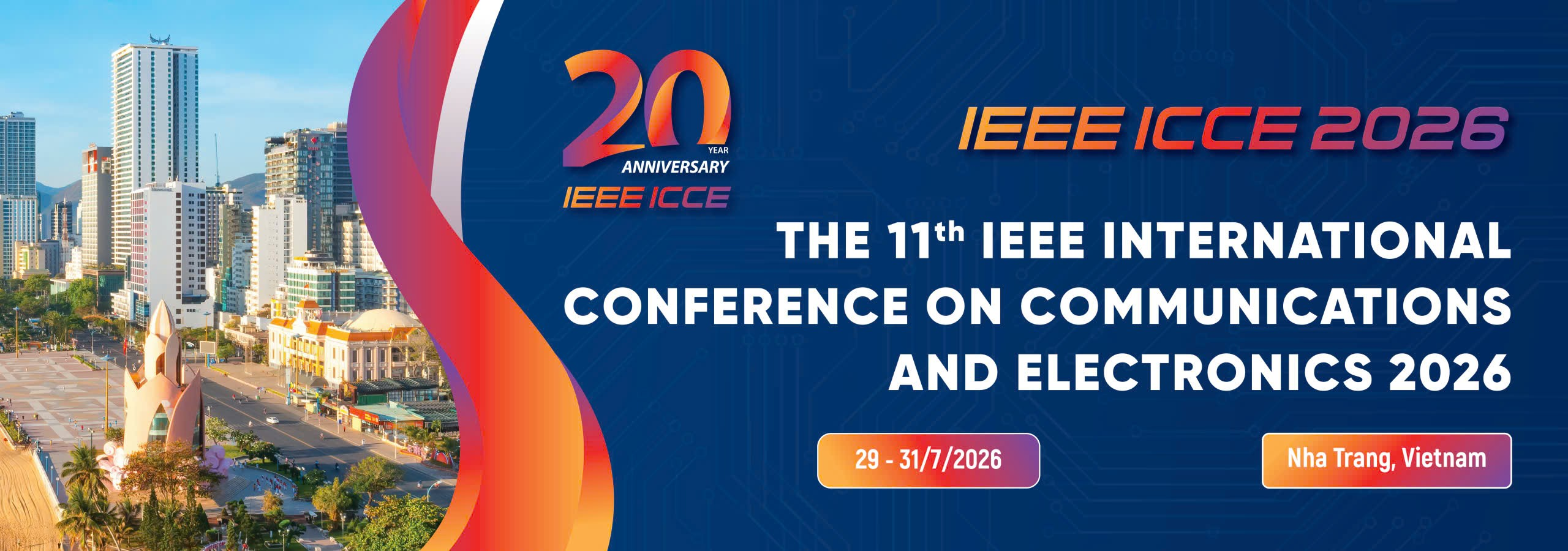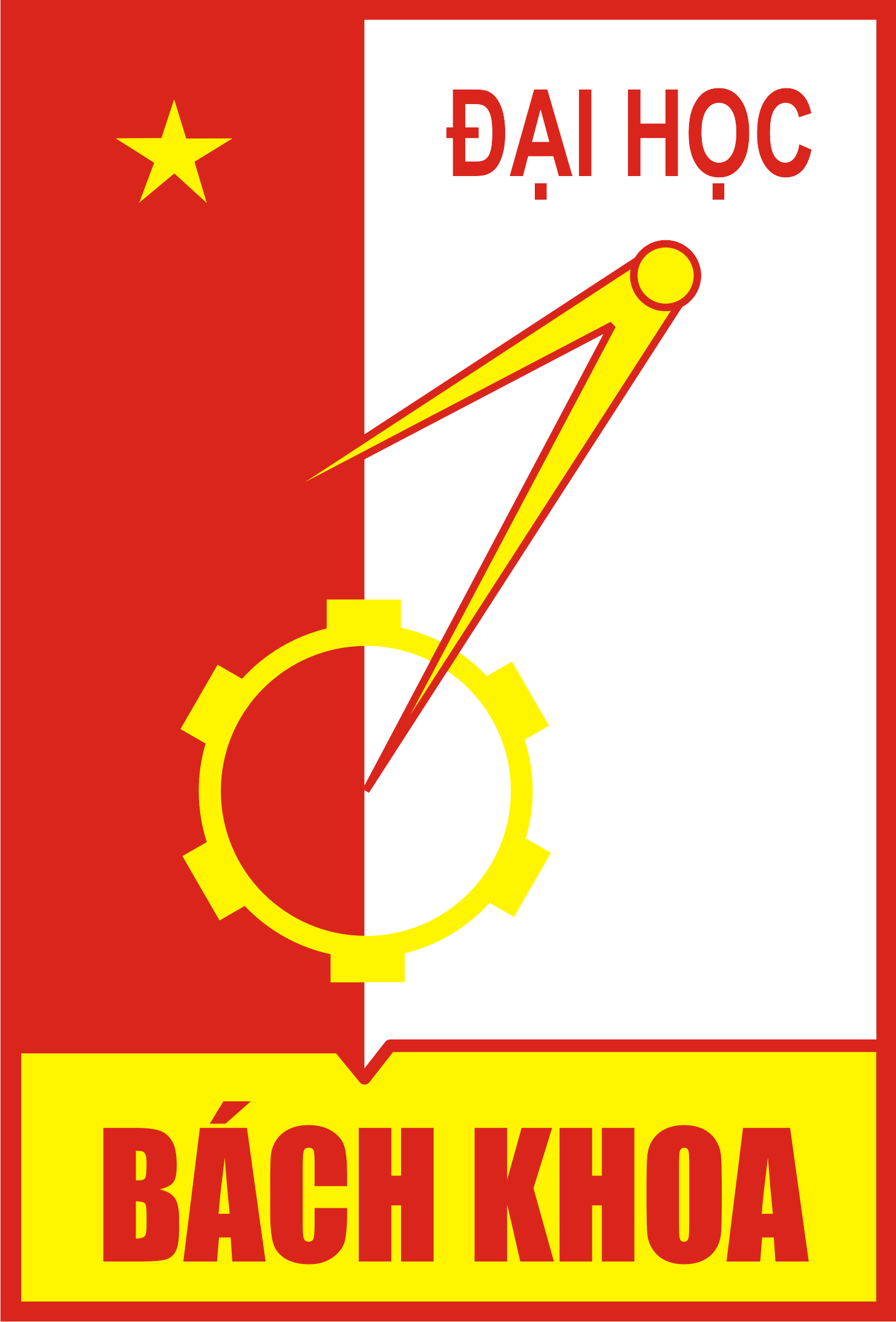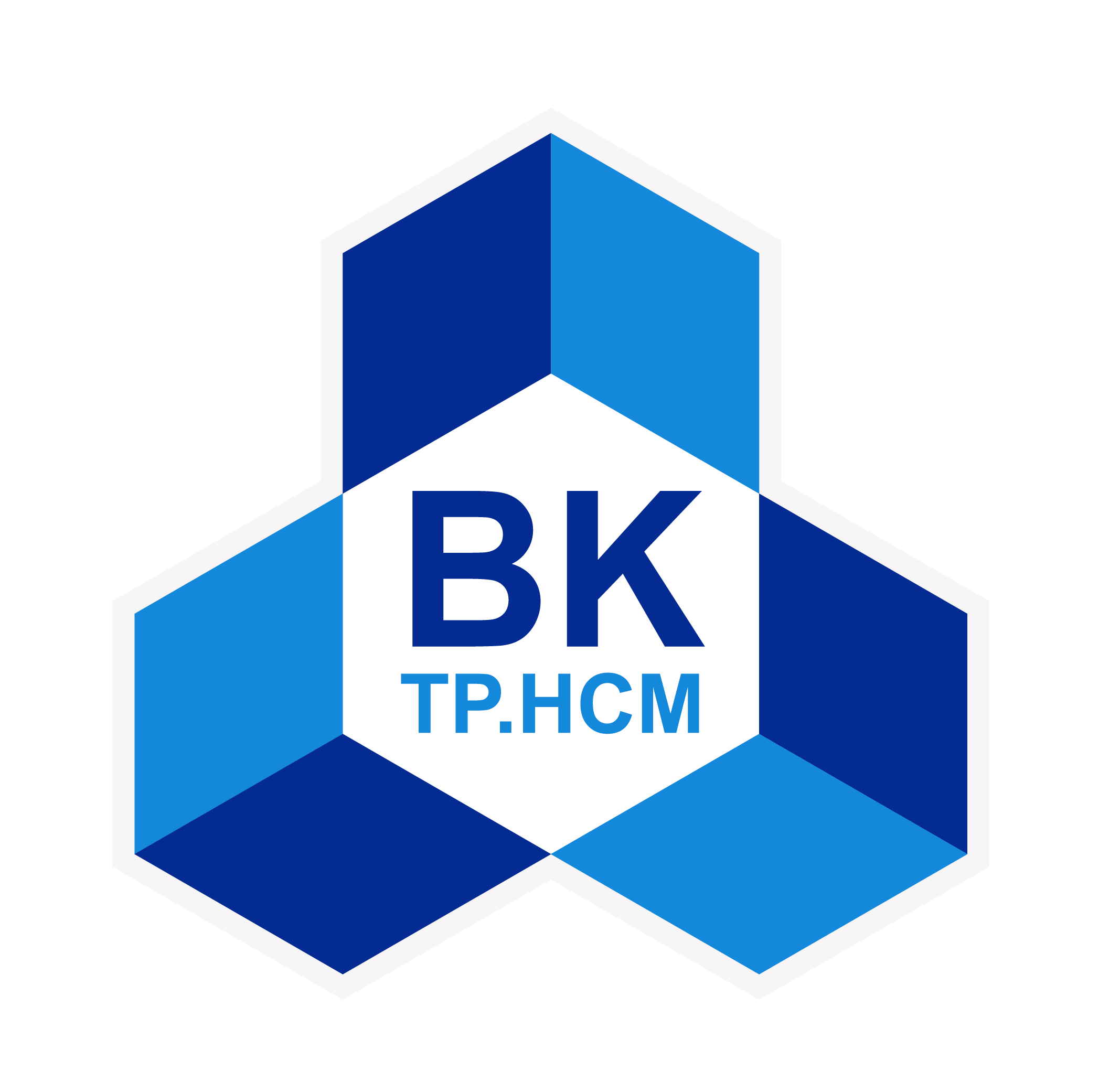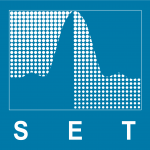
COUNTDOWN
IEEE ICCE 2026
July 29th-31st, 2026
Sheraton Nha Trang Hotel & Spa, Nha Trang City, Khanh Hoa Province, Vietnam
IEEE ICCE 2026
IMPORTANT DATES
Feb 15th, 2026 |
Submission Deadline |
May 03rd, 2026 |
Acceptance notification |
May 15th, 2026 |
Camera ready |
May 29th, 2026 |
Early bird registration |
July 29th-31st, 2026 |
Conference date |
|
The 11th IEEE ICCE 2026 is a prestigious event for researchers, experts, and companies to exchange and share their state-of-the-art research results in the field of Communication and Electronic Engineering. The three-day conference, held in Nha Trang City on July 29th - July 31st, 2026, will feature inspiring keynote talks delivered by world-class researchers, technical sessions, tutorials, and workshops. IEEE ICCE 2026 holds special significance, as it commemorates the 20th anniversary of the IEEE ICCE conference series and celebrates the 70th anniversary of Hanoi University of Science and Technology (HUST) — the proud host institution. These dual milestones mark two decades of excellence in advancing global research collaboration and seven decades of HUST’s leadership in science, technology, and engineering education. SUBMISSION AND PUBLICATIONS Prospective authors are invited to submit full papers with maximum length of 6 pages in PDF format via EDAS: https://edas.info/N34278. Paper template can be referred to at IEEE standard template. Full accepted papers will be published in the IEEE ICCE 2026 Conference Proceedings and submitted for inclusion in IEEE Xplore®. The proceedings of ICCE series are regularly indexed by SCOPUS and listed in Conference Proceeding Citation Index (CPCI) of Clarivate. |
||
|
SCOPE OF THE CONFERENCE Contributed papers are solicited describing original works in electronics, communication engineering and related technologies. Topics and technical areas of interest include but are not limited to the following: |
||
|




